Kabale University School of Medicine (KABSOM) Strengthens Healthcare Delivery in Kigezi Region
Kabale University School of Medicine Enhances Critical Care with Ultrasound Scanner Donation
In a remarkable gesture of partnership and community support, the Kabale University School of Medicine (KABSOM) donated a state-of-the-art ultrasound scanner to Kabale Regional Referral Hospital (KRRH). This has significantly bolstered the capabilities of the Critical Care Unit at Kabale Regional Referral Hospital (KRRH). In a bid to transform patient care, this contribution will enable rapid, bedside imaging that enhances diagnostic accuracy, reduces treatment delays, and facilitates timely interventions.
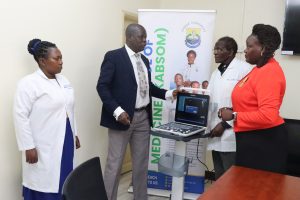 Speaking during the handover ceremony, the Dean of KABSOM, Prof. James K Tumwine, emphasized the importance of equipping regional health facilities with modern medical technologies. He further exclaimed that “As an institution that is training the next generation of medical professionals, it is our duty to contribute not just academically but practically to the health systems around us”
Speaking during the handover ceremony, the Dean of KABSOM, Prof. James K Tumwine, emphasized the importance of equipping regional health facilities with modern medical technologies. He further exclaimed that “As an institution that is training the next generation of medical professionals, it is our duty to contribute not just academically but practically to the health systems around us”
Receiving the donation on behalf of the hospital, Dr. Filbert Nyeko, the National Director of Kabale Regional Referral Hospital, expressed deep gratitude for the timely support.
The ultrasound scanner will be particularly beneficial in diagnosing and managing conditions such as hypovolemic shock, pericardial effusion, pulmonary embolism, cardiac tamponade, renal failure, and abdominal trauma. Additionally, it will aid in guiding procedures like catheter placements and biopsies, thereby improving the safety and efficacy of these interventions, said Dr. Isabella Epiu, the Head of Department, Anesthesia and Critical Care.
She further noted that before this donation, the Critical Care Unit faced challenges due to reliance on older imaging methods or external radiology services, often leading to delays in diagnosis and treatment. The new scanner is set to address these issues by providing real-time imaging directly at the bedside, enhancing efficiency and potentially reducing patient hospital stays.
Ultrasound technology offers non-invasive, radiation-free imaging with immediate results, allowing for quicker diagnosis and treatment decisions. This advancement reduces procedural risks through guided interventions and enhances overall patient recovery rates compared to traditional imaging techniques like X-rays or CT scans.
To ensure effective utilization of the new equipment, the hospital staff will undergo specialized training in critical care ultrasonography. This comprehensive program includes hands-on practice, accredited courses, and assessments to build proficiency in using advanced imaging technology.
The ultrasound scanner will be invaluable in emergency scenarios, such as identifying internal bleeding in trauma patients, diagnosing cardiac abnormalities in unstable patients, detecting fluid accumulation in the lungs or abdomen, and guiding life-saving procedures like intubation or central line placement.
This donation aligns with KRRH’s broader goals of enhancing critical care services by improving diagnostic capabilities, streamlining treatment processes, and ensuring better patient outcomes. It reflects a commitment to modernizing equipment and elevating the standard of care provided.
To maintain the ultrasound scanner’s functionality and longevity, the hospital has established a maintenance plan that includes regular servicing by certified technicians, software updates for optimal performance, and staff training on proper handling.
The School of Medicine played a pivotal role in facilitating this donation by identifying critical needs within the hospital and engaging donors. Future collaborations are being explored to address other gaps in medical equipment and training programs, further strengthening the partnership between KABSOM and KRRH.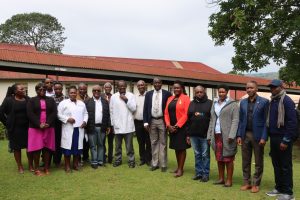
In expressing gratitude, the hospital administration through the Hospital Director conveyed heartfelt appreciation to all donors and stakeholders for their generosity. Their support empowers the hospital to deliver better care and save lives, making a lasting impact on critical care services within the community.
Discover more from Kabale University News
Subscribe to get the latest posts sent to your email.



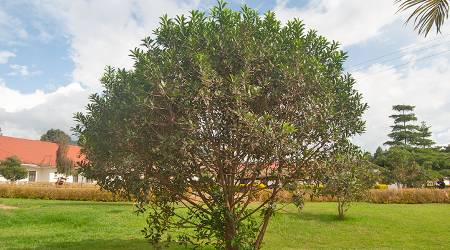
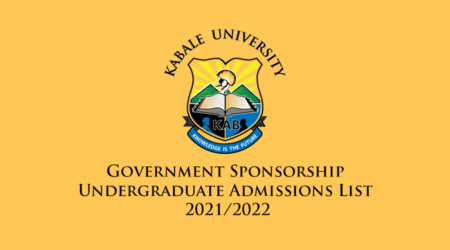
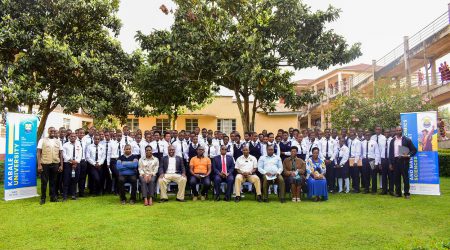
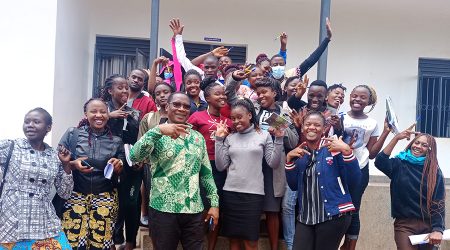

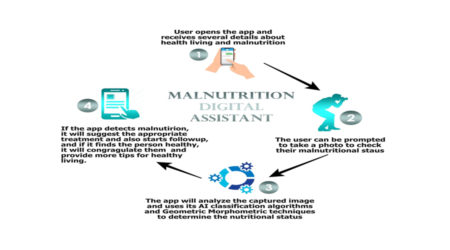
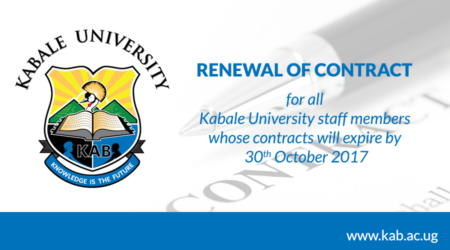
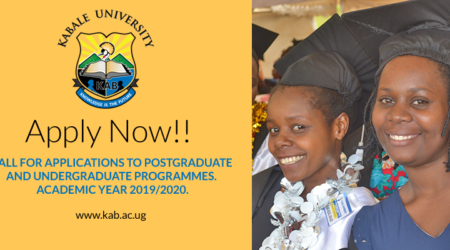
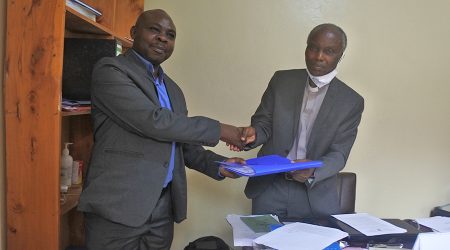
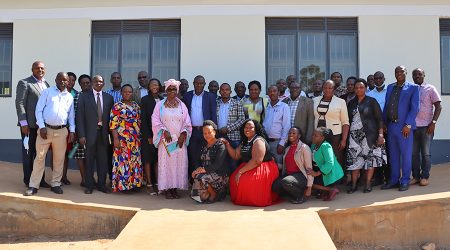
Leave a Reply